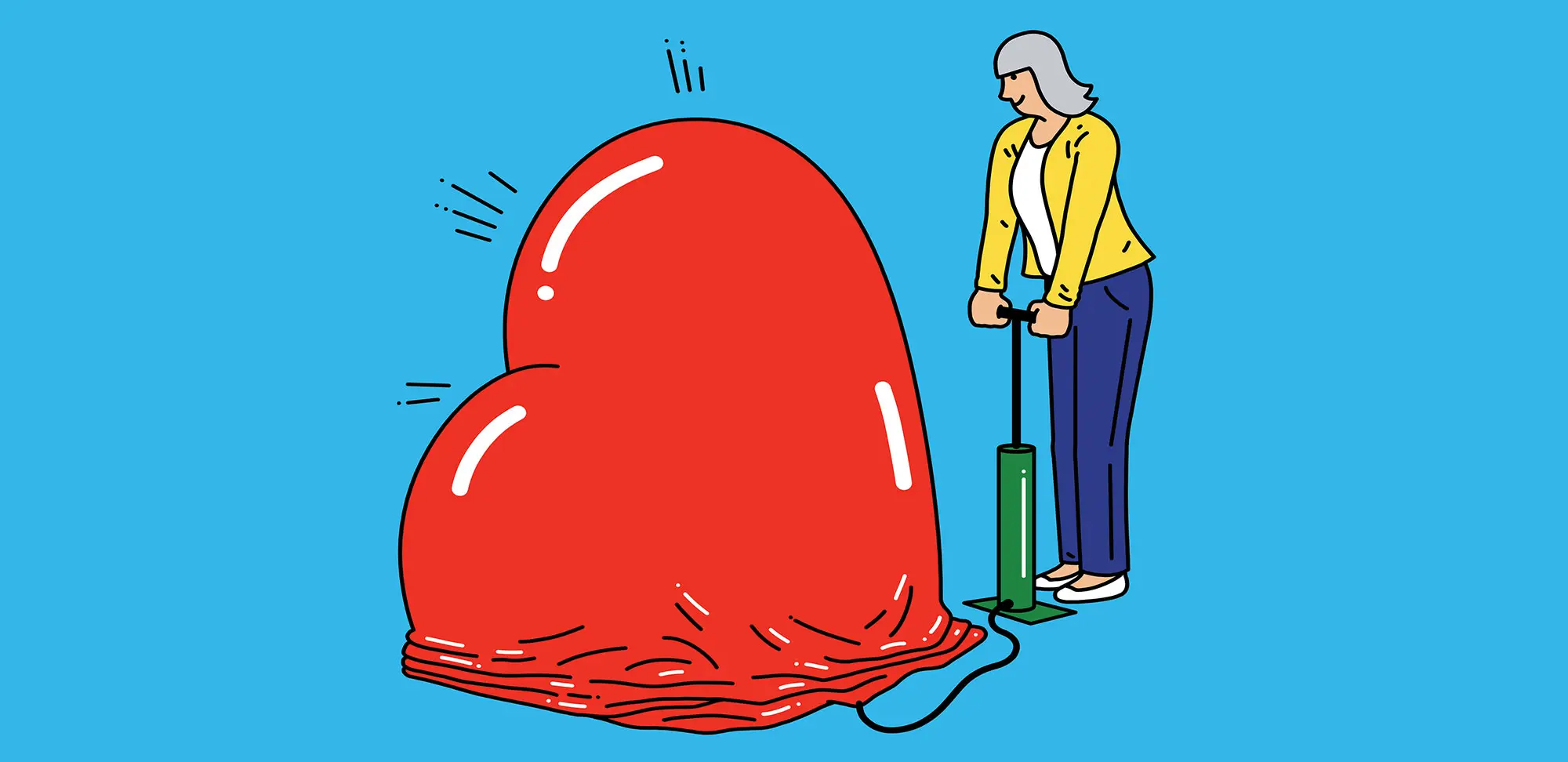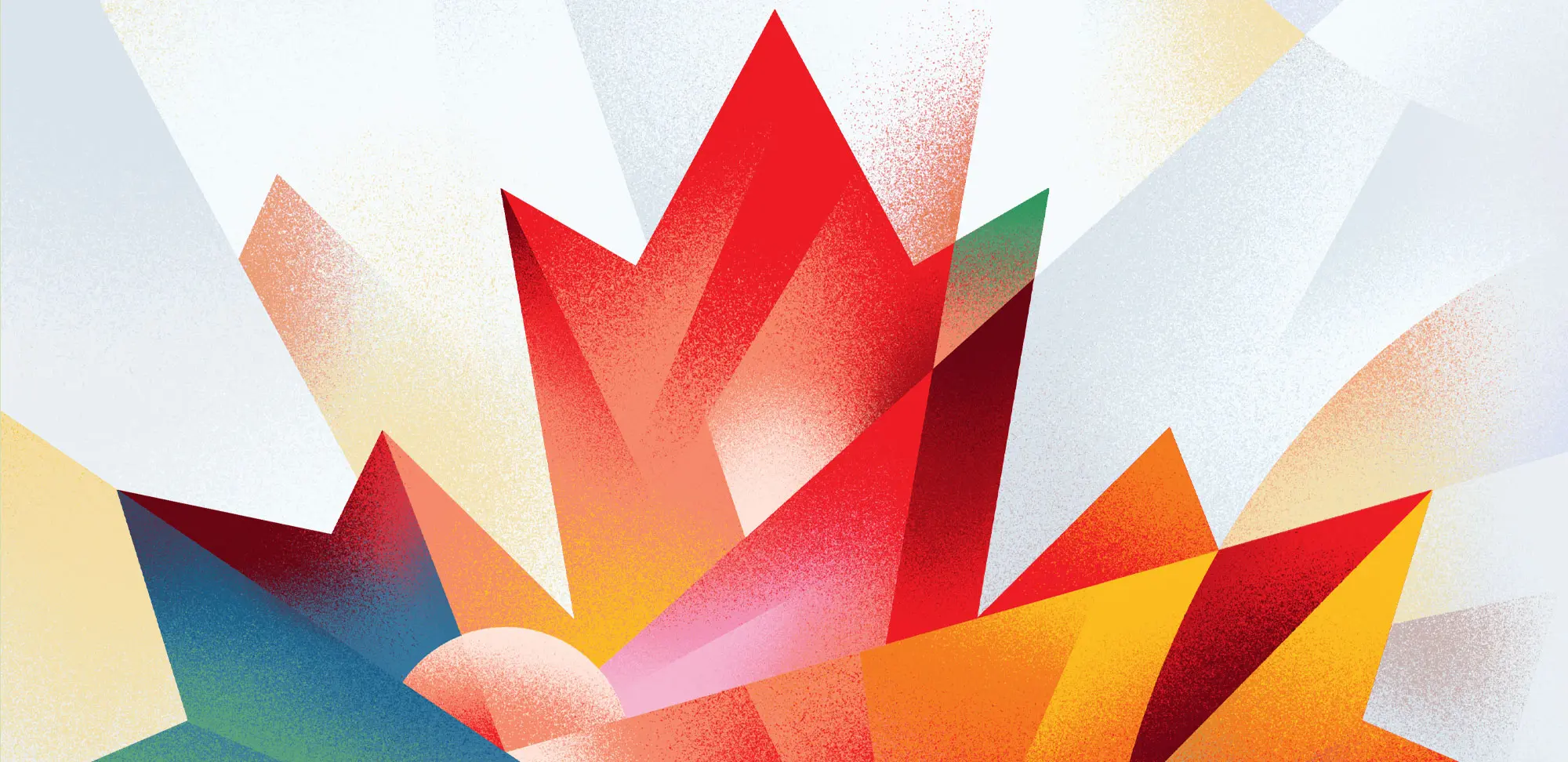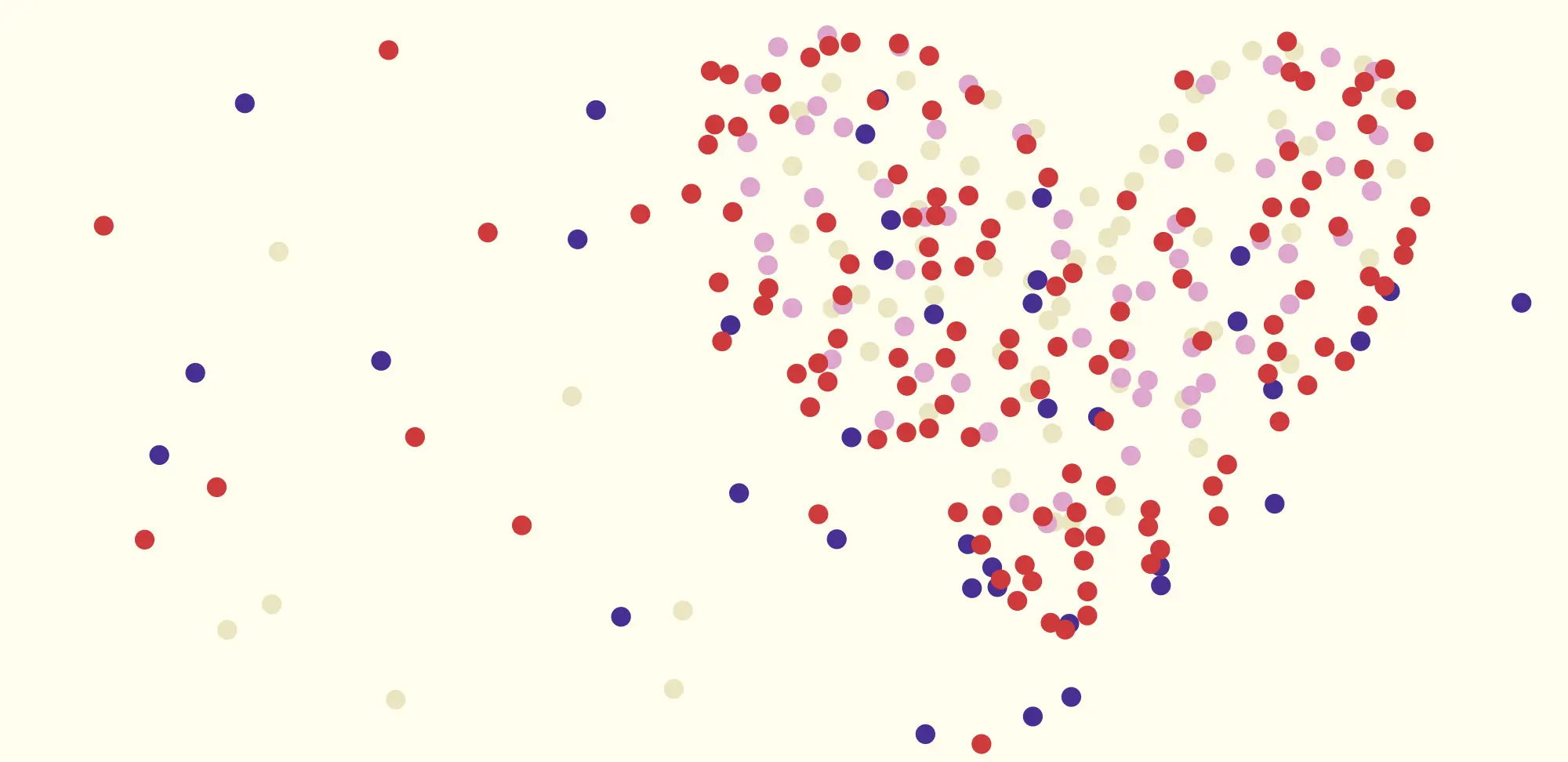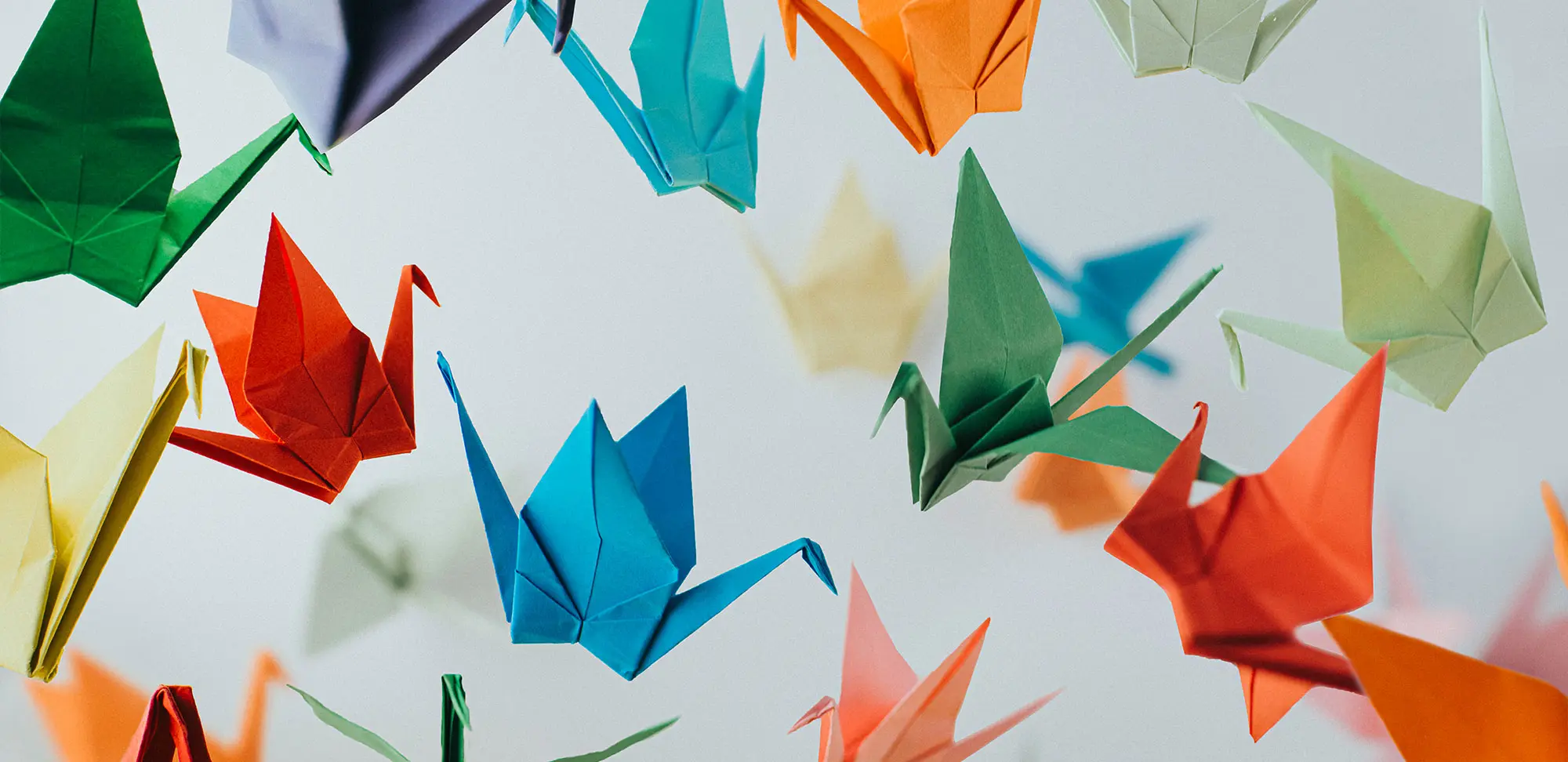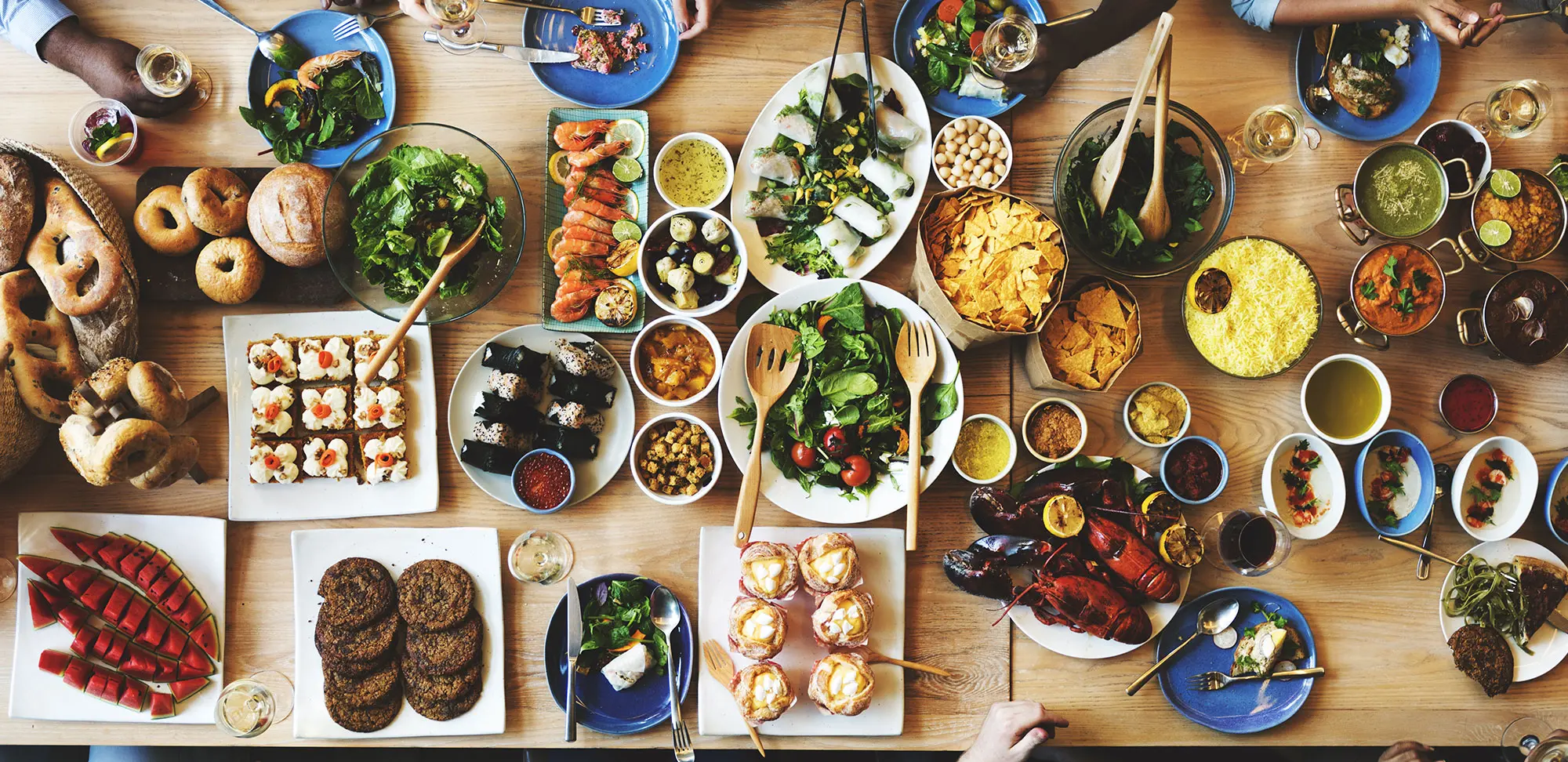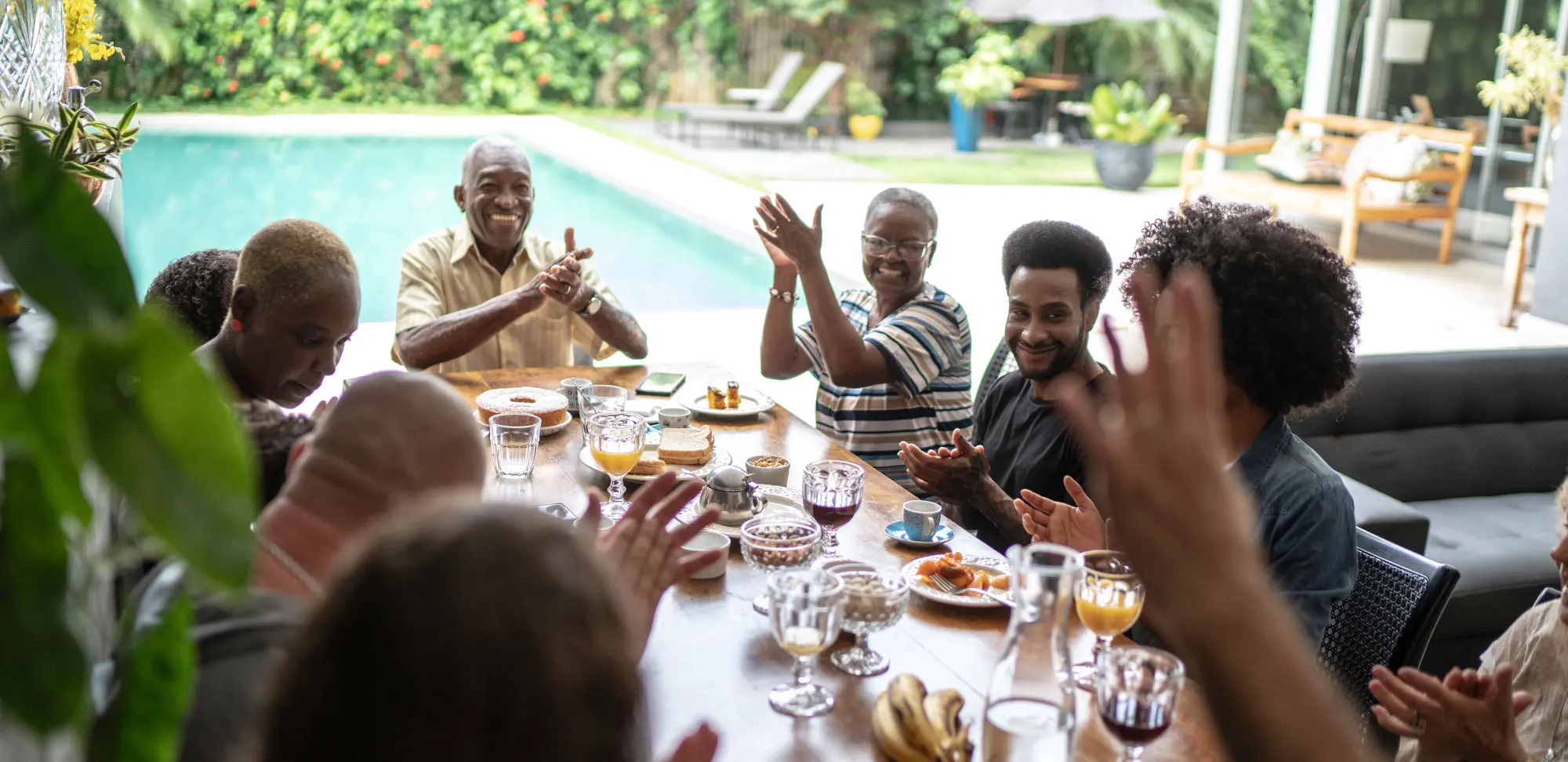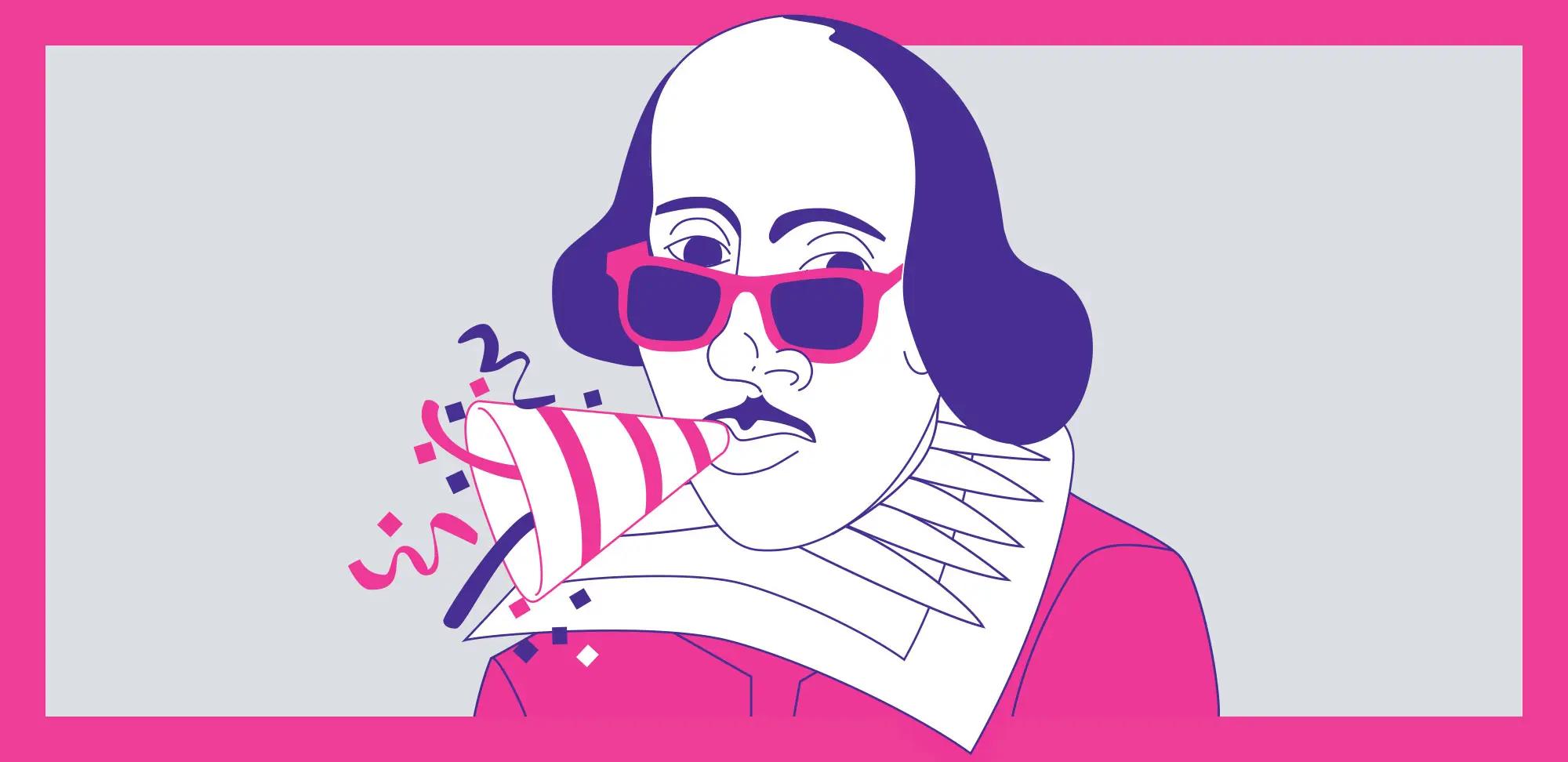Every year, the World Economic Forum releases a Global Risks Report that explores the most severe and emerging threats we’re facing. You’d expect the entries like environmental degradation, violent conflicts, cyber attacks and inequality.
But a few years ago, the report noted a less obvious risk: a loss of empathy. “This is an increasingly anxious, unhappy and lonely world,” the authors wrote. “Anger is increasing and empathy appears to be in decline.” If so, it’s no coincidence that we’re also seeing increased friction in society, polarized politics, a decline in civil discourse and a reluctance to examine opposing views.
“To be human is to be able to feel and care. If we fail to learn to relate, we’ll have a failed society,” says Mary Gordon, the founder of Roots of Empathy, an international not-for-profit based in Toronto that offers empathy-based programs to schools and child-care centres.
Boosting your empathy starts with understanding just what it is, why you might be losing it and how you can nurture it. The classic definition of empathy is the ability to put yourself in someone else’s shoes. But that’s only part of it. What matters isn’t just how you would feel, but believing how another person says they feel.
Studies of empathy describe three main types. Cognitive empathy is intellectual. You can detect and comprehend someone’s perspective yet perhaps remain at a distance. With emotional empathy, you’re tuned in to someone else’s feelings as if they’re contagious. And compassionate empathy enables you to help (if needed or wanted) by doing something concrete or just by being there for someone.
This combination of thoughts, feelings and actions build on each other. We can take what hits us in our head and our heart and turn that into an appropriate response.
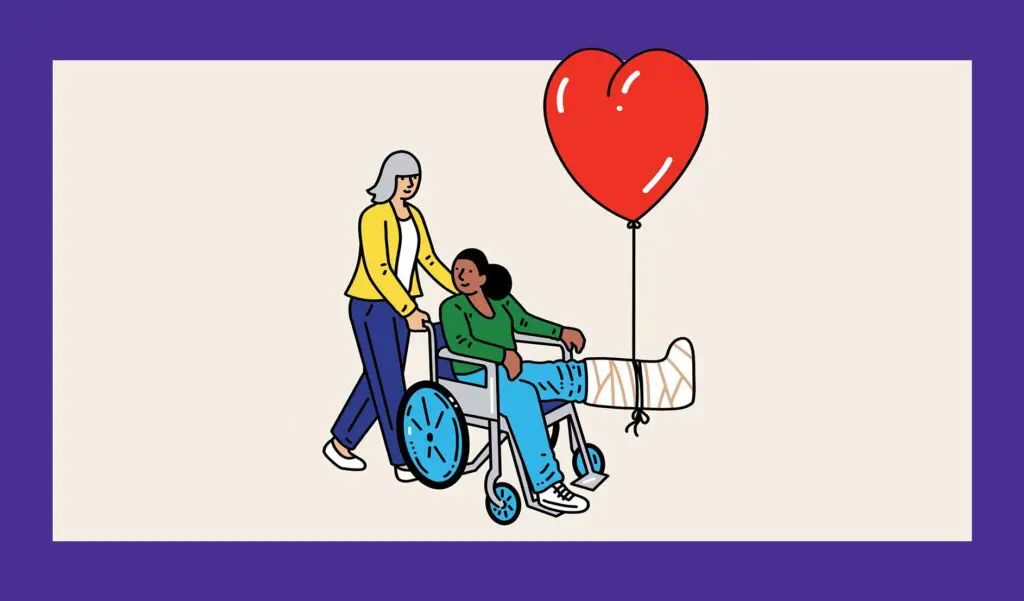
Each of the three types of empathy calls on something different from us. If someone in your life is sick, cognitive empathy might mean simply feeling sorry for them. Emotional empathy is being genuinely upset; you’re with the person, not above them. Compassionate empathy is bringing them a meal and keeping them company.
Too often, empathy turns into story-sharing — “I got divorced too, so I know what you’re going through”; offering unsolicited advice — “Here’s what I would do in your situation”; or, perhaps unintentionally, diminishing someone else’s reality — “At least they caught the cancer early.”
Part of the problem? Gordon says people like to rush into problem-solving and don’t know how to “be still” when all someone else wants is understanding and a connection. “Everybody means well. But we’re an emotionally illiterate culture,” she says.
Gordon sees a thread between gaining empathetic skills and our ability to navigate relationships, be inclusive, and identify and solve society’s problems. Genuine empathy enables us to be curious and caring. When we’re more empathetic, we’re better able to embrace people from all sorts of backgrounds and circumstances. We can live and work together more harmoniously. And we’re more likely to validate someone’s experiences, empower them and join in behaviours that benefit other individuals and groups.
Why do we have an empathy deficit?
One theory points to a more insulated world. More and more of us live in cities where we don’t know our neighbours. In 2016, living solo became the predominant household type in Canada for the first time. About 4.4 million Canadians, and rising, now live alone.
How we use technology has separated us further — shopping online, working remotely and getting our entertainment from devices and solitary pursuits. “I think we’re in a crisis of connection. We have become social isolates,” Gordon says.
Social media doesn’t help. It can make us feel like we’re connected, but the algorithms put us deeper into our own bubbles. We spend more time with like-minded people, often anonymous, and detached from individuals and opinions that differ. That can bake in our biases — and yes, we all have them.
All this on top of a culture that already promotes selfishness in everything from getting ahead at work to buying a home to consumption, says Mathieu Lajante, an associate professor at the Ted Rogers School of Management at Toronto Metropolitan University. “We’re a self-centred, individualistic society. It’s harder to feel empathy for someone if you see them as your competition,” says Lajante, who has an expertise in neuroscience and has studied the role of empathy in consumer services.
That sense of competitiveness isn’t new, but it is getting worse, Lajante says. Moreover, a world that seems more uncertain and volatile can create angst and turn us inward. With added stress, even the most empathetic and altruistic people tend to become more selfish, according to a study published in the Journal of Neuroscience in 2022.
And there seems to be a society-wide notion that if someone else wins, you lose. That “scarcity mindset” can affect how we weigh all sorts of policies, developments and decisions, and can reduce empathy for others in need or in pain.
“The focus on self is calculating on what can help you or harm you,” says Margaret McCuaig-Johnston, a senior fellow at the Institute for Science, Society and Policy and the Graduate School of Public and International Affairs at the University of Ottawa.
Our exposure to trauma and suffering is also a factor for empathy fatigue. Living through the constant crises of our modern world — the COVID pandemic, climate change emergencies, global conflict — can leave us exhausted and desensitized. A 2022 survey from the Canadian Mental Health Association (CMHA) and the University of British Columbia asked people which emotions they have felt as a result of the pandemic. Only 13 per cent of Canadians said they felt empathetic, down markedly from two years earlier.
“The decline in empathy that we are seeing is concerning,” says Margaret Eaton, the CEO of CMHA. “If we are to resolve our conflicts in relationships, in society and globally, we need to understand one another, even when we don’t agree.”
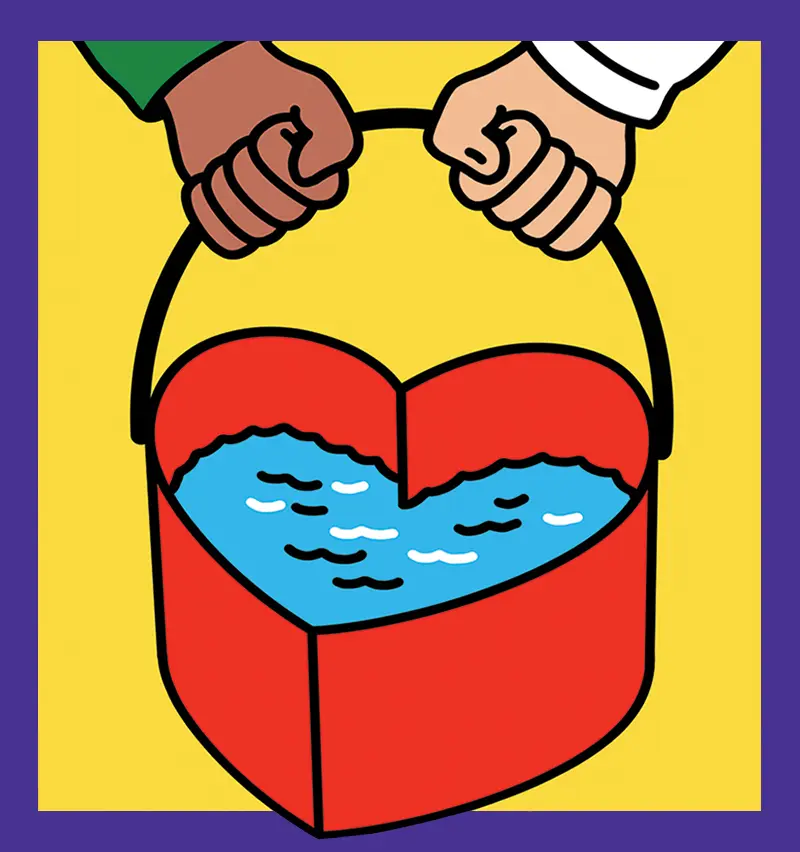
Refill your empathy tank
Is your empathy tank running on empty? You may need to make conscious efforts to refill it.
The most important thing you can do is just listen, says Gordon. “Be mindful of listening empathetically. That means listening without judgment or assumptions. Drop your guard. Don’t interrupt. And don’t jump in to reaffirm. Leave spaces. Just be there with them.”
Other strategies can build your empathy muscles. People tend to empathize with others most like them. So spend more time with new people, visit new places, take on new pursuits and read widely. All can make you more curious and open and expose you to different realities and experiences. As a bonus, you just might make new friends.
Try doing a random kindness every day. Even small ones add up to a habit of thinking beyond ourselves. McCuaig-Johnston always carries $20 bills that she hands out to people who are homeless. Another idea: If you typically support causes/charities that relate to a personal interest or connection, consider donating to others that are addressing urgent needs but may be more foreign to your world.
Beyond actions, part of building empathy involves reflection. Do you have biases that can lead to judgments about others instead of understanding? Maybe because of inaccurate or incomplete information? Having biases is human. Exploring yours can help you see the world in a kinder way.
What if you find yourself disagreeing with someone? Resist the urge to lecture, debate or vilify. Hit pause. Give space for each of you to share how and why you arrived at your views. See someone else as a person and not just a viewpoint. Focus on what you have in common rather than on what might divide you.
However you do it, becoming more empathic pays dividends all around.
Empathy helps you manage your emotions and feel less alone, according to the CMHA, which is good for your mental health. Empathy can strengthen personal relationships or make a difference in the day of a stranger whose path you cross, and whom you may never see again. And stepping outside ourselves is a starting point to make progress on major social challenges, from racial discrimination to Indigenous reconciliation.
It’s not always easy for people to demonstrate empathy. That’s one reason why companies are trying to replicate it in customer service via artificial intelligence (AI). Chatbots can now “listen” and imitate a customer’s feelings. In a survey from one software company, 71 per cent of respondents said that AI will make customer experiences more empathetic. Another study, led by a University of California researcher, found that chatbots are just as accurate and far more empathetic than doctors at answering basic patient questions. That said, the jury’s still out.
When we’ve reached the point where we seek artificial empathy, it’s time to focus on fostering the real thing. Ultimately, empathy creates communities where people feel seen, heard, connected and supported. “Empathy is at the heart of civil society,” Gordon says.
